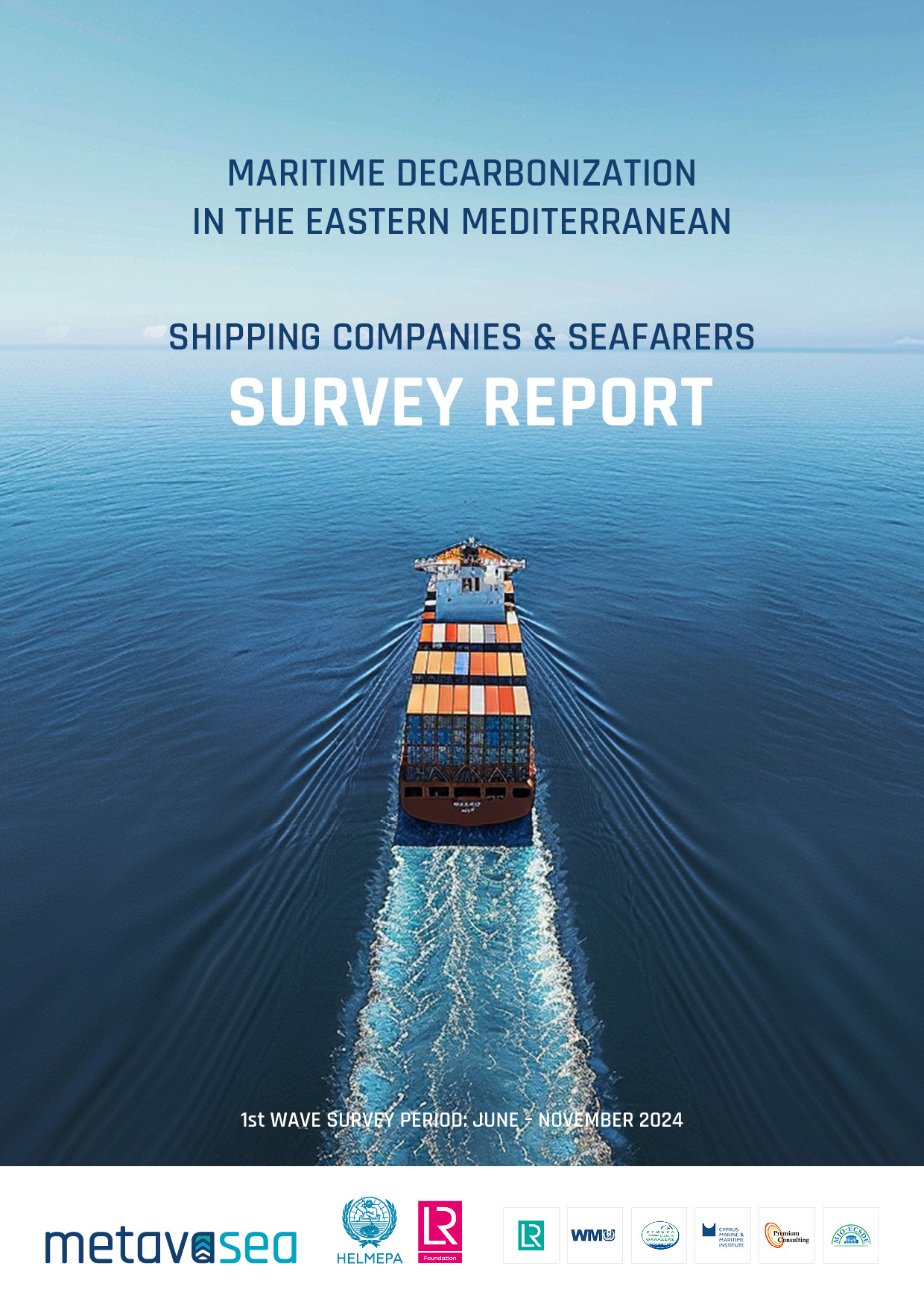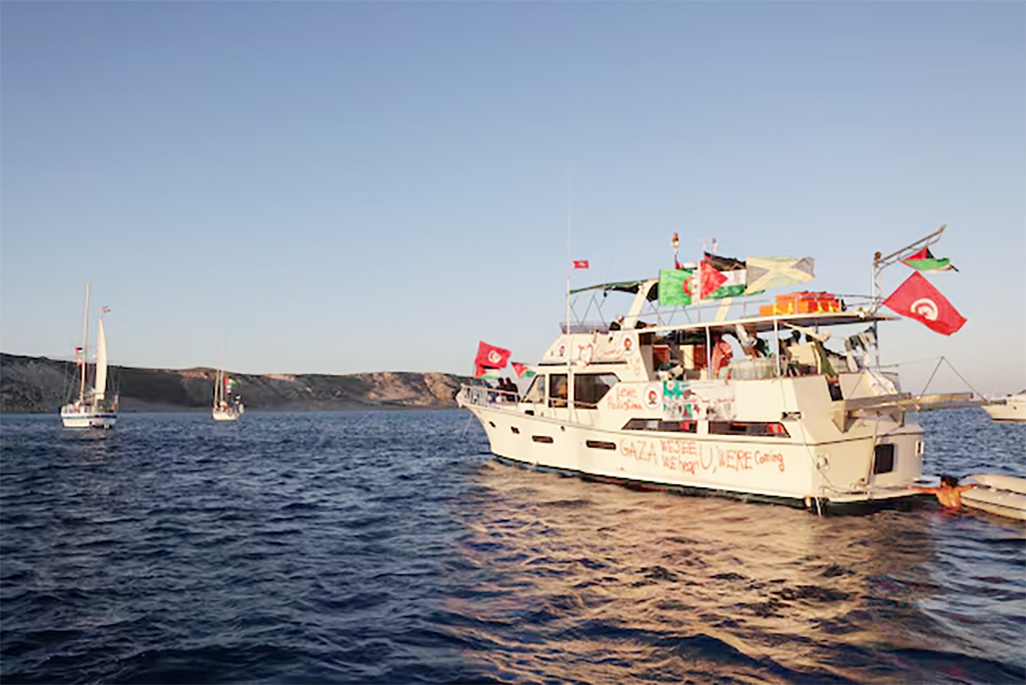Eastern Mediterranean shipping industry shows uneven progress on emissions cuts, survey fi
Source: in-cyprus.com
The Eastern Mediterranean shipping industry demonstrates growing awareness of decarbonisation requirements but faces significant challenges in training, infrastructure, and fuel transition, according to the first wave of results from a major regional survey.
The METAVASEA survey, which collected 898 responses from shipping companies, seafarers, ports, suppliers, and civil society between June and November 2024, found that 74 per cent of respondents reported their companies are either aligned or planning to align with International Maritime Organisation net-zero targets. However, progress remains uneven across the sector, with substantial gaps identified in crew training and port infrastructure.
“The region’s shipping community is increasingly aware of the need to cut emissions and is taking steps towards decarbonisation,” organisers stated in findings released on 25 September. “While progress is uneven, responses point to both growing awareness and readiness to act, particularly in relation to skills, safety, infrastructure, and alternative fuels.”
The survey revealed that 64 per cent of seafarers reported receiving no decarbonisation-related training in the past two years. Among those who did receive training, exposure to content on alternative fuels, emissions monitoring, or new digital systems remained limited.
Crew fatigue emerged as the top safety concern, cited by 70 per cent of respondents, driven by regulatory pressures and increased workload. Inadequate training and unfamiliarity with new fuels ranked second and third at 27 per cent and 26 per cent respectively, with engineers and less experienced crew reporting the highest concern levels.
Biofuels currently lead alternative fuel adoption or planning at 62 per cent, whilst green hydrogen and ammonia are gaining interest at 25 per cent and 19 per cent respectively. However, 42 per cent of respondents expressed concerns about fuel compatibility and infrastructure gaps hampering wider adoption.
The survey also identified a significant public misconception regarding shipping’s environmental impact. Forty-one per cent of civil society respondents rated shipping’s contribution to global greenhouse gas emissions as high, estimating between 50 and 70 per cent of total emissions, when the sector actually accounts for approximately 3 per cent.
Port infrastructure for low-carbon fuels remains limited across the region. Only 20 per cent of ports currently provide Very Low Sulphur Fuel Oil bunkering, despite the Mediterranean Sea becoming a sulphur oxide Emission Control Area in May 2025. Sixty per cent of ports reported having no emissions monitoring systems in place.
Onshore power systems represent the most common planned initiative, cited by 40 per cent of ports surveyed. However, another 40 per cent reported no planned interventions for decarbonisation.
Large shipping fleets with more than 50 vessels demonstrated more advanced emissions tracking capabilities, with over 80 per cent monitoring environmental, social, and governance metrics. Smaller fleets with fewer than 10 vessels focus primarily on compliance and basic awareness, often citing limited resources as constraints.


The survey was conducted within the METAVASEA project, a five-year initiative launched in 2023 and running through 2027. The project is coordinated by the Hellenic Marine Environment Protection Association and supported by Lloyd’s Register Foundation, bringing together six partners including the Cyprus Marine Environment Protection Association, alongside 12 associate partners and more than 60 contributing stakeholders.
The research adopts a people-centred approach to maritime decarbonisation in the Eastern Mediterranean, a region of strategic importance due to its dense shipping traffic and dynamic port systems. The survey will continue until September 2027, enabling ongoing analysis of evolving trends and capacity-building needs.
Seventy-eight per cent of civil society representatives rated maritime decarbonisation as very important for the sustainability of the Eastern Mediterranean marine environment, whilst 97 per cent expressed concern about climate change effects on the local environment.
Download the full Wave 1 survey reports here
Take part in Survey Wave 2 by completing the e-questionnaire (~5 min) here
The original article: belongs to in-cyprus.com .



